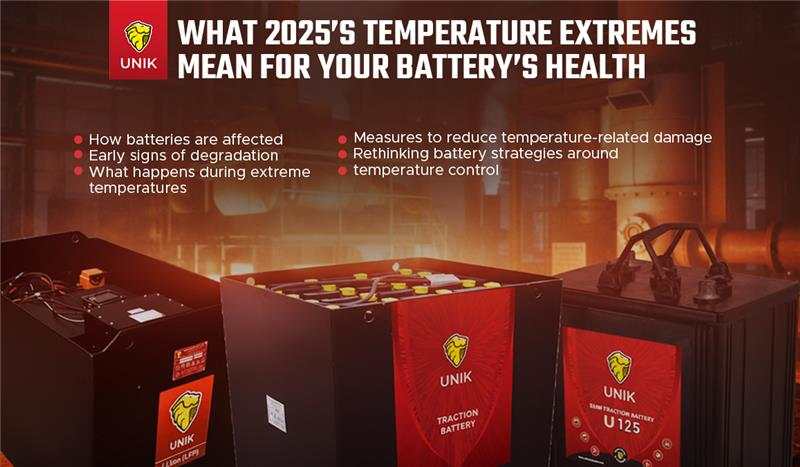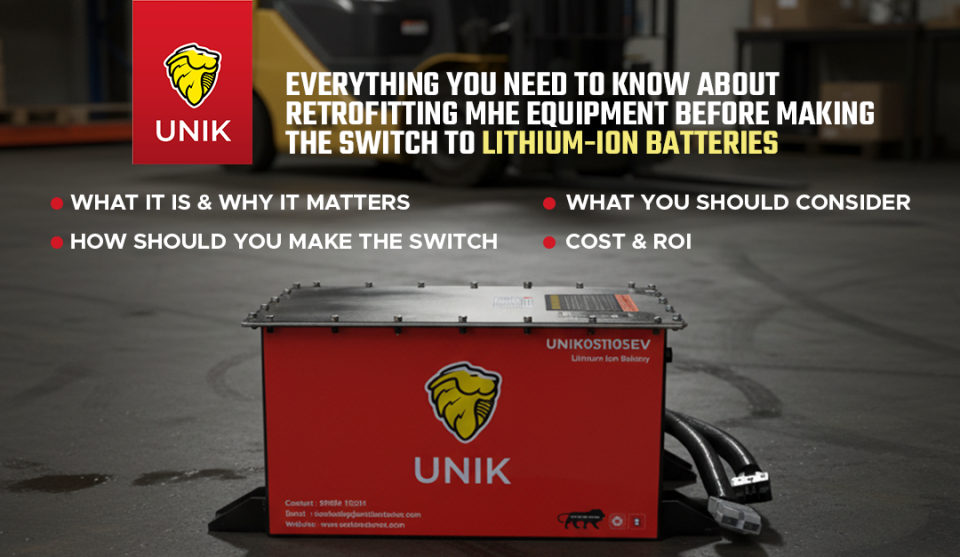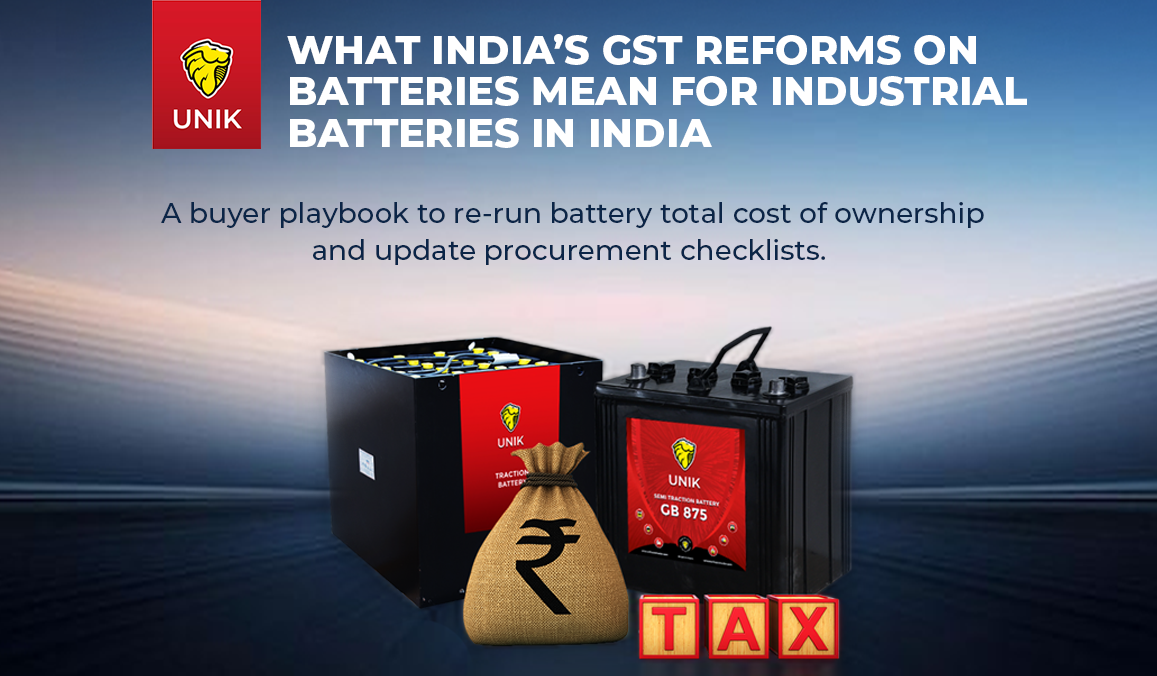Everything You Need to Know About Golf Cart Batteries
Golf cart batteries are the heart of your golf cart, providing the necessary power to drive smoothly across the greens. Understanding the different types of batteries, their maintenance and the factors affecting their lifespan can help you make an informed decision and ensure your cart runs efficiently.
Types of Golf Cart Batteries
There are three main types of golf cart batteries:
Lead Acid Batteries: The most common and economical option, lead acid batteries have been used in golf carts for decades. They require regular maintenance, including checking water levels and cleaning terminals.
AGM Batteries: Absorbent Glass Mat (AGM) batteries are a type of valve-regulated lead acid battery (VRLA). They are sealed, require less maintenance, and are less prone to leakage. AGM batteries are a bit more expensive but offer longer life and better performance.
Lithium-Ion Batteries: The newest and most advanced option, lithium-ion batteries are durable, lightweight and require minimal maintenance. They are also more expensive but provide the best performance and efficiency.
Maintenance Tips for Golf Cart Batteries
Proper maintenance is crucial to extend the life of your golf cart batteries. Here are some essential tips:
Regular Charging: Always keep your batteries fully charged. Avoid deep discharges as they can shorten the battery’s lifespan. Charge the batteries after every use, and if the cart is not in use, recharge them every few weeks.
Water Levels: For lead acid batteries, check the water levels regularly and top them off with distilled water. Never overfill, as it can lead to spillage and corrosion.
Clean Terminals: Keep the battery terminals clean and free of corrosion. Use a mixture of baking soda and water to clean them, and apply a terminal protector spray to prevent future corrosion.
Proper Storage: If storing your golf cart for an extended period, ensure the batteries are fully charged and disconnect them to prevent discharge. Store the batteries in a cool, dry place.
Factors Affecting Battery Life
Several factors can influence the lifespan of your golf cart batteries:
Usage: Overusing the battery without rest and opportunity charging can impact the lifespan of the battery.
Temperature: High temperatures can lead to overheating, while low temperatures can reduce battery capacity.
Maintenance: Proper and regular maintenance can significantly extend the life of your batteries. Neglecting maintenance can lead to premature failure.
Conclusion
Choosing the right golf cart battery and maintaining it properly is essential for optimal performance and longevity. Whether you opt for lead acid, AGM, or lithium-ion batteries, understanding their needs and how to care for them will ensure your golf cart remains reliable and efficient. At UNIK Batteries, we offer a range of high-quality batteries to meet all your golf cart needs, ensuring you get the best performance on the greens.
Contact us and explore how our batteries can help you achieve long-term energy sustainability goals.






